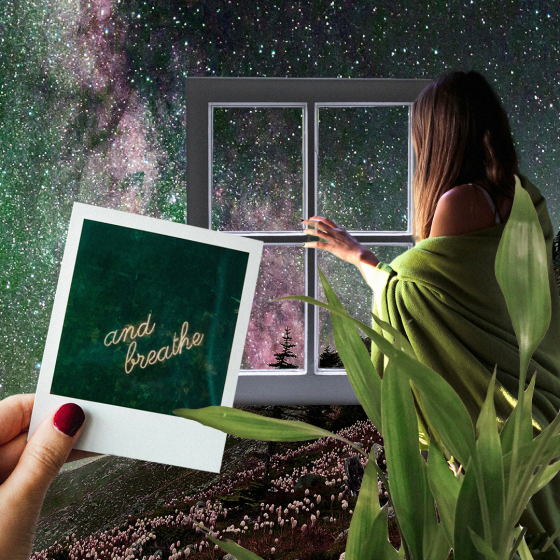Recently, when I visited Instagram and searched for posts with the hashtag #Bookstagram, amid over 30 million posts, I noticed a trend – print. While not every single post contains our printed brethren, it’s an undeniable feature of the majority. Books displayed amidst flowers, candles and other objects that represent the book’s theme. Books propped up in gardens and on beaches. Books shot from above held by hands with bright nail varnish. Books stacked up on top of each other and stuffed in shelves. Books on vacations. Books at home. Instagram is a bookworm’s heaven. But, what influence does Instagram – or #Bookstgram – have on the print industry?
According to an article in Publisher’s Weekly, in 2018, print sales increased by 1.3 per cent. This may sound incremental, but there is a noticeable trend upwards towards the purchase of print books over digital e-reader editions. It could be these Instagram photos are inspiring readers to buy their books differently? And why does a #Bookstagrammer prefer the print book? Tina Hartas, owner of Trip Fiction, a website that promotes setting-rich books, explains that print editions are far easier to photograph. “I am a trained artist, so I like to try and be creative with the images we post to [Instagram]… and I always prefer the physical version because it’s more immediate and makes for a better photo.” Other #Bookstagrammers say the same thing. Katelynne Lawson, blogger at Bitch Bookshelf, observes, “My followers engage more with ‘better’ quality photos, which often are of the actual print book, and content I created myself. I see more likes and comments on those posts. Books are visual, and [Instagram] is essentially a visual platform.”
What makes #Bookstagram a unique community is that joining this literary universe is as easy as picking up a book. It doesn’t require dangerous stunts to get involved, and no one need show anything about themselves they aren’t comfortable showing. In fact, the most popular posts often include just the books themselves. A UK study published in 2017 revealed that Instagram was one of the web’s worst offenders for impacting mental health, inviting anxiety, depression, bullying and FOMO (fear of missing out) into the lives of its users. Maybe though, Instagram’s growing focus on print books is offering bookworms a unique corner of the social media universe where what we have, what we look like, and where we are photographing ourselves doesn’t matter nearly as much as the book we are reading. It’s easy to turn a stranger into a friend by saying, “I’ve read that too.” Author Phaedra Patrick says she’s found Instagram to be a positive platform, and uses it as a visual diary. “It’s a more creative place, and I think creative people might be drawn more to beautiful books they can touch, reach and hold, rather than to electronic readers.”
There’s something special, it seems, about seeing the book in print rather than on Kindle. As I write this, I’m staring at my bookshelf, overstuffed with books. Some of them I’ve read. Some I plan on reading again. Others may never be read at all. They represent trends in my life, like when I was really into classics. Others are reminders of my time in college, like that Alfred Hitchcock textbook. Yet more act as reminders of my experience reviewing books for authors. Yet I never walk down memory lane on my Kindle app. If there’s ever a place I’m more likely to remove a book, it’s there. Funny thing is, I like my Kindle app uncluttered and my bookshelf stuffed. So, it could be the love story between Instagram and print books begins with a reader’s desire to hold the book. Indeed, another recent study revealed that people are far more emotionally attached to physical books. I can understand why.
So, while the publishing community initially assumed e-books would overtake print as our medium of choice, what we can take away from the #Bookstagram trend is this – while e-books will never go away (ever try lugging a stack of books into an airport? It’s not fun), we can rest assured that the print book has definitely not had its day. #Printisnotdead indeed.
Artwork by Esme Rose Marsh









